Features

Minority Serving Institutions and STEM: Acting Intentionally, Increasing Effectiveness
ACE Vice President Lorelle L. Espinosa, who co-chaired the National Academies of Sciences, Engineering, and Medicine’s committee on Minority Serving Institutions, writes that the most successful STEM programs are multidimensional and intentional, addressing the academic, financial, and social aspects of the student experience.

Urban Higher Education and Civic Engagement
Presidents and chancellors of urban institutions are forging local partnerships—refuting the idea that the work of colleges and universities is cut off from the larger world.
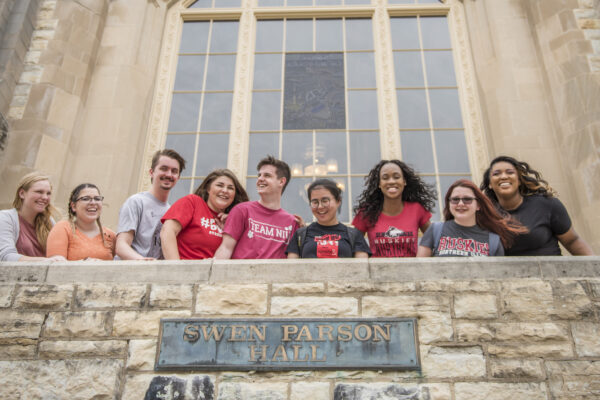
Resources Designed for International Students Could Also Help First-Generation Students
Campus support services for international students and first-generation students are usually separated, based on the assumption that these two groups of students have different needs. But are there benefits to joint programs?
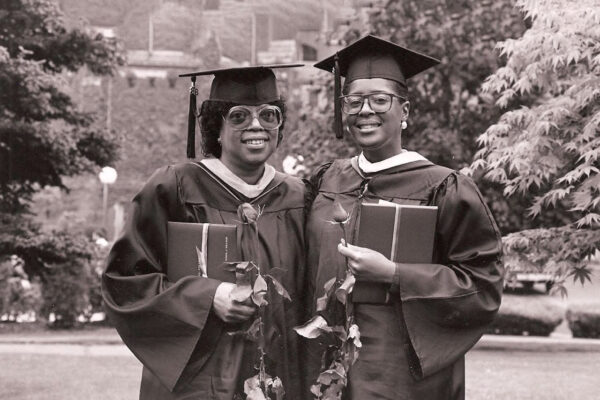
A Dream Pursued, A Dream Fulfilled: How a College Degree Can Transform Lives
As College Signing Day approaches, we cheer on the high school students who have decided to immediately continue on to college. And we also celebrate the millions of adults joining them, whose lives have taken various paths since graduating high school.
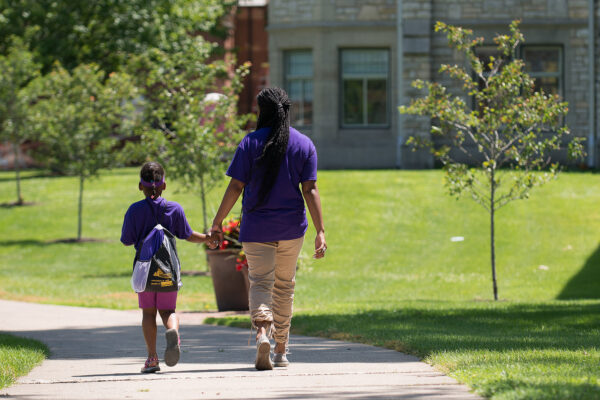
Mental Health and Post-traditional Learners
Post-traditional learners are often expected to adjust their own lives and schedules to campus life and services, including in the area of mental health. But it is equally important that campus services and culture are adjusted to better serve this growing group of students and their unique needs.
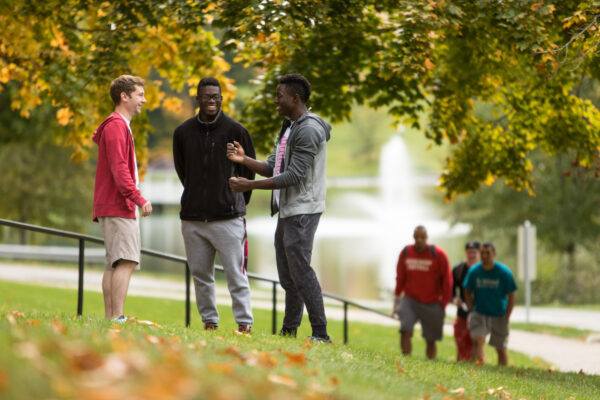
The Practices of Freedom: Freedom of Speech, Academic Freedom, and Shared Governance
In the wake of President Trump’s recent executive order on campus free speech, Georgetown University President John J. DeGioia gives a timely review of higher education’s commitment to the First Amendment and the mutually inclusive nature of free expression and inclusion.

We Are All Complicit in the College Admissions Scandal
In wake of the recent college admissions scandal, former Tulane President Scott Cowen writes that it’s time to own up to our mistakes, close admissions loopholes, and rethink what it means to be elite.
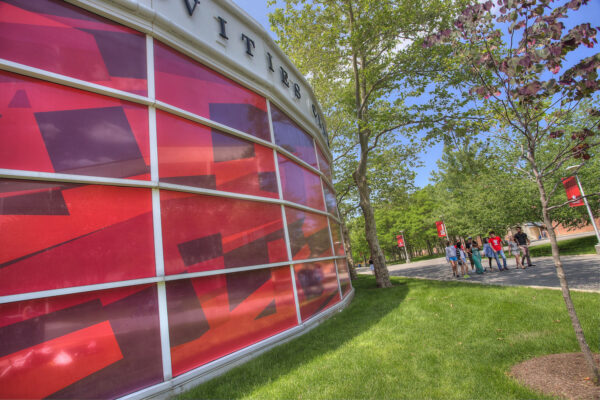
Transforming Professional Learning and Building a New Higher Education Community
ACE believes that the power to sustain and renew American higher education lies in the creativity, commitment, and expertise of the thousands of leaders that work every day to educate students on the nation’s college campuses. Philip Rogers and Louis Soares discuss the Council’s efforts to develop affordable, scalable, professional learning opportunities to make institutions and leaders more effective.
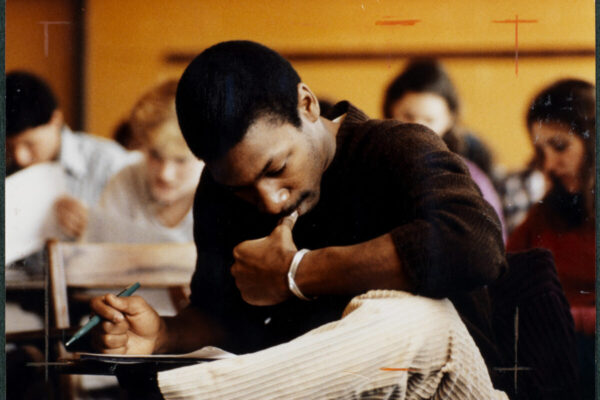
What the Outrage Over Blackface Overlooks
We are rightly taken aback by racist yearbook photos and other symbols. But we talk much less about what they represent: the longstanding, systemic racism that permeates the lives of people of color, including critical issues linked to college access and success.

Non-Suicidal Self-Injury on College Campuses
Conversations about the mental health and well-being of college students often underestimate the prevalence and impact of non-suicidal self-injury in college settings. Four scholars from institutions in the United States, Canada, Belgium, and Australia look at the problem—and how institutions can respond.

Increasing Representation of Underrepresented Groups Among STEM Faculty Members
Just as important as creating interest in STEM among students is achieving a more diverse STEM faculty. Having more role models can help students better imagine a similar career trajectory for themselves. Suzanna Rose of Florida International University looks at how institutions can pursue equity and representation among their faculty.

The Rise of Mental Health on College Campuses: Protecting the Emotional Health of Our Nation’s College Students
Nance Roy, chief clinical officer of the Jed Foundation, provides action steps to support emotional well-being and reduce suicide and substance abuse for college students.